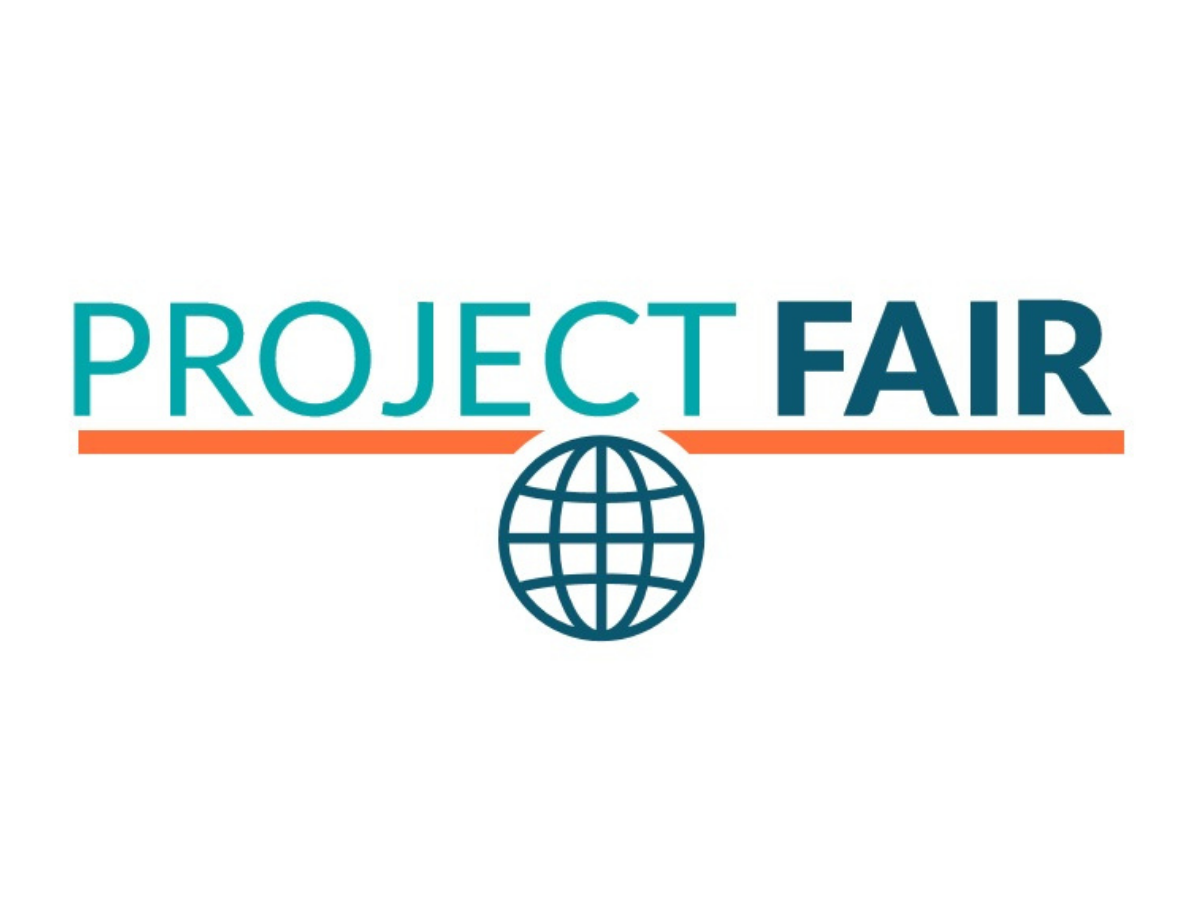What does fair pay mean for international aid and development organisations? How can INGOs pay their staff in a way that is fair for everyone? What happens if an organisation changes how they pay their staff? Will staff leave? Will their behaviour change? Will the organisation still be able to recruit the skills they need to deliver their programmes?
These questions and more are forefront in the minds of HR and reward practitioners in international NGOs, and were what prompted me to establish Project FAIR. Project FAIR builds on psychological research that has found that traditional pay structures where national and international staff have different pay and benefits packages are detrimental to employee motivation, satisfaction, and retention, particularly amongst national colleagues. Ultimately, paying similarly skilled and experienced employees differently because of their country of origin symbolically devalues lower paid groups of employees, and may potentially undermine aid projects before they have begun.
Project FAIR is driven by a desire to share best practices and evidence for what works in addressing fair pay, and to discuss what fairness means in the sector. To this end a network of HR and reward practitioners from more than 35 organisations meets regularly to discuss practical efforts to make pay fairer. The collaborative and supportive ethos of the group is important because discussing pay issues can be difficult, taboo even, and changing longstanding pay structures even more so.
More recently, the discussion around pay fairness has linked into broader questions related to equality and diversity, recognising that structuring pay around employee nationality is deeply embedded within broader structural inequalities, and reflects historical and colonial undercurrents of power and privilege. As a group we strive to identify and raise awareness of these structural issues, and to work together to find ways to challenge them.
Addressing pay inequality in the aid sector requires a sector-wide response, where organisations commit to reviewing pay policies in light of standards around pay fairness, and actively questioning why pay is structured in different ways. It also requires donors to consider funding requirements, and ensure that these requirements support organisations to implement fair and localised pay. Finally it requires all of us working in the sector to look inside our organisations to consider and question the assumptions and structures underpinning organisational policies and practices.
To help with this, the INGO Reward Network has developed a set of Principles and Standards of Fair INGO Reward to guide a shared understanding of what fair pay is/should be. The principles are freely available on our website, along with our research findings, a series of case studies, and a toolkit for organisations considering changing their pay structures. We invite interested organisations to engage with these resources, offer feedback, and make use of them in their own organisations.
Interested to find out more? Join us for a round table discussion about fair pay on 4 December.


